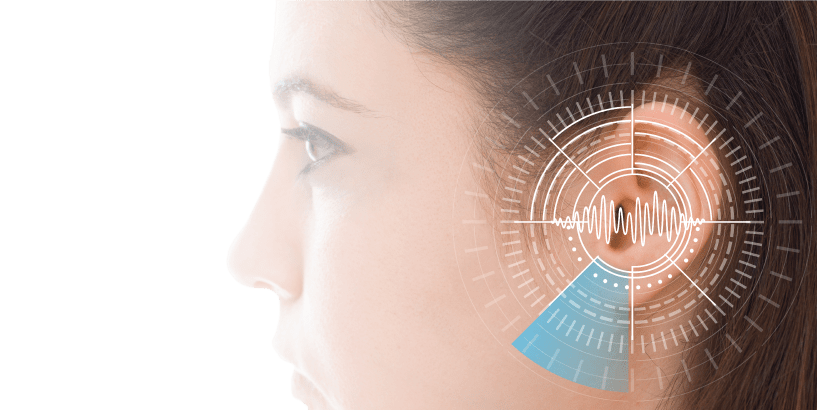YOU ARE NOT ALONE!
Hearing loss is much more common that what you think.

Americans with hearing loss grouped by age








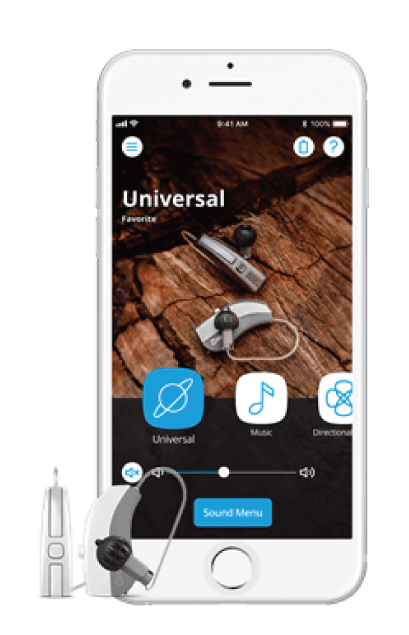
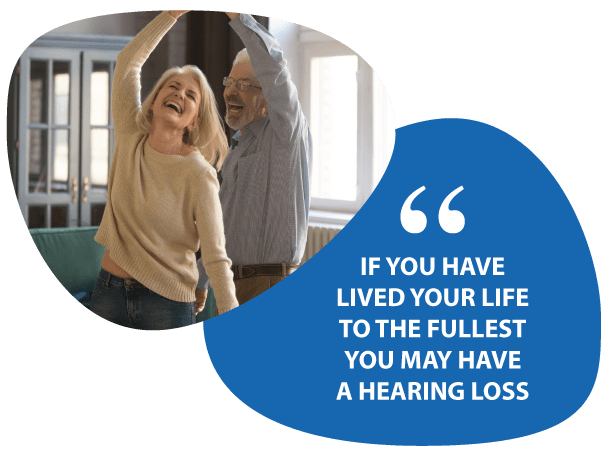
WHO’S AFFECTED BY HEARING LOSS?
Some of the causes for hearing loss include: Infections, hereditary factors, accidents, ototoxic reactions to some medicines; but…
95%
of the cases of hearing loss are due to exposure to noise over time
• Sporting events
• Firearms
• Factories
• Concerts
• Motorcycles
• Convertible cars
• Motorboats
• Machinery
• Planes
• Music bands
95%
of the cases of hearing loss are due to exposure to noise over time
• Sporting events
• Firearms
• Factories
• Concerts
• Motorcycles
• Convertible cars
• Motorboats
• Machinery
• Planes
• Music bands
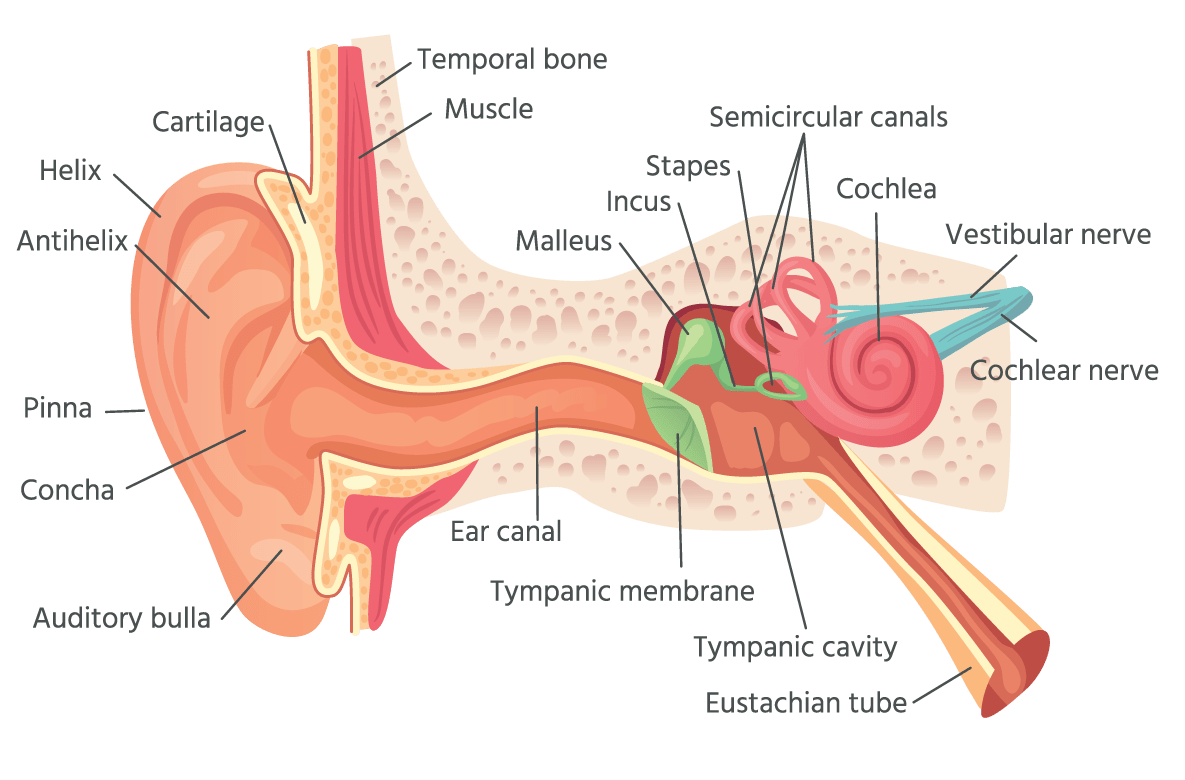
UNTREATED
HEARING LOSS
UNTREATED
HEARING LOSS
UNTREATED HEARING LOSS CAN AFFECT A PERSON IN MANY SERIOUS WAYS:
• Fewer educational and job opportunities due to impaired communication
• Social withdrawal due to reduced access to services and difficulties communicating with others
• Increased risk for developing dementia and Alzheimer’s disease
• Limited enjoyment of daily activities
• Ability to live independently and safely is at risk
• Emotional problems caused by a drop in self-esteem and confidence.
Because hearing loss tends to disrupt interpersonal communication and to interfere with perception of meaningful environmental sounds, some individuals experience significant levels of distress as a result of their hearing problems. Anger and frustration can occur when communication problems arise, and many individuals experience depression, discouragement, guilt, and stress related to their hearing loss.
HEARING CARE AND LOSS PREVENTION
Tips to Prevent and/or Arrest Continued Deterioration
• Annual evaluation
• Wax management
• Follow up appointments
• No swabs or candling
• No foreign objects
• Limit time spent exposed to loud noise
• Hearing protection
